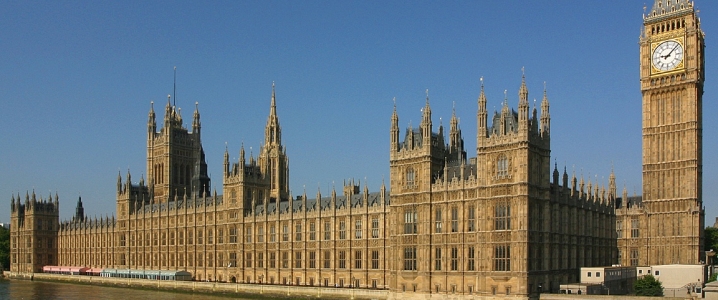It’s been more than a year after the groundbreaking Brexit vote, in which the British public decided to leave the European Union in a controversial upset. Despite 14 months of prep time, many industry leaders and economic experts are crying out that it’s still too soon to cut ties with tax-free international trade without causing major economic fallout for the United Kingdom.
The possibility of severing ties from the European Union without a 21-month transition period leading up to the slated EU exit date in March 2019 has created nationwide uproar. According to warnings by UK Secretary of State for Business, Energy and Industrial Strategy Greg Clark, leaving without securing any trade deals with the rest of Europe (coined as the no-deal Brexit) may prove to be massively damaging to the nation’s economy, especially the north east region of the UK.
The north east United Kingdom is a historically industrial region, and the local business structure has come to be highly dependent on international exports. For years industries in the north east have developed a strong international focus, with well-established and highly efficient supply chains. The taxes on international trade that will be brought in swiftly by a “no-deal” Brexit will be a huge blow to the region’s oilfield services exporters in particular, as well as to industrial exports in Scotland and the rest of the UK to a slightly lesser degree.
In particular, the subsea technology located in the UK’s north east region would be highly impacted by an abrupt, no-deal Brexit. Even with high demand for the industry’s specialized skills and products, the vast majority of this demand is overseas and would be majorly impacted by suddenly high tariffs. There’s also a danger of too much demand for skilled workers, as the right of EU workers to practice their trades in the UK is only preserved until 2020. Related: Ghana Boosts Natural Gas Production
In the face of a potential no-deal Brexit, the UK’s economy is already wavering. The pound sterling has fallen to its lowest level this year as compared to all major currencies. Even if they don’t fully understand the sudden squeeze, Brits are certainly feeling the impact.
The no-deal fear frenzy is not unfounded--many prominent in the UK have acted as particularly vocal harbingers of doom. Mark Carney, the governor of the Bank of England governor Mark Carney and UK trade secretary Liam Fox have both publicly stated that they think the no-deal Brexit is more likely to happen then not, and Bloomberg has reported that even Prime Minister Theresa May is hosting a September summit to begin making preparations for the looming possibility of no-deal Brexit.
Two main alternatives to the no-deal Brexit are also being bandied around in the media --a “soft Brexit”, in which the UK would maintain close trading relations with the EU even after departing the organization, and a “hard Brexit”, which would include some sort of trade deal but would see the UK leaving the EU’s single market entirely, saying goodbye to untaxed movement of goods services, people, and capital. Related: Oil Prices Take A Breather As Supply Jumps
In the meantime, Ireland is reportedly preparing for Brexit fallout by gearing up to repatriate around 1.4 million barrels (200,000 tonnes) of oil stored in the UK, in search of politically greener pastures. This will be yet another blow to the UK’s oil storage industry, who’ve been making money off of Irish oil for decades. Until now, Ireland has stored a whopping 40 percent of its overseas oil reserves in the UK.
In all likelihood we are heading into economically difficult if not disastrous era for Great Britain. If no-deal Brexit fears become reality, it will mean major change for industry across the UK, and by all accounts the country simply isn’t ready for it. However--deal or no deal, economic devastation or merely overblown media madness, the fact remains that major change is exactly what the people of the UK voted for last June, and major change is indeed the one certainty in Britain’s immediate future.
By Haley Zaremba for Oilprice.com
More Top Reads From Oilprice.com:
- Shockwave In Shipping Could Send Brent Soaring
- Wall Street’s First: Goldman Sachs Looks To Venture Into LNG
- U.S. Drillers Add Double Digit Oil, Gas Rigs


















